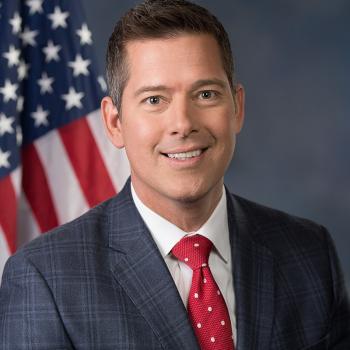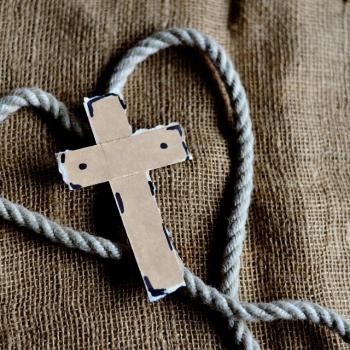A priest reader passed this along, noting:
Perhaps some of your readers, especially priests might benefit from it. Three years ago I had my first experience with this in confession. I was speechless during the face to face encounter. At the time, I truly felt horrible because in my mind I was thinking “what are you?” – “how do I respond?” Later that night I did some research on line about transgender. Thankfully, the person was extremely understanding and recognized my “bewilderment” expression.
… And might I add, no one ever mentioned this in the seminary 18 years ago.
It strikes me that this is also an issue to explore during this fall’s Synod. (You’ll find some discussion on gender issues and sexuality over at our Symposium.)
A close friend called to tell me that I had a new brother. After nearly 20 years as four sons and one daughter, my family scratched another tally mark in the ledger column already chock-full of boys. “Have you heard about Jessah?” she asked. “She just announced on Facebook that she’s transgender.”
My new brother, it would seem, is my sister.
Jessah is 19 years old, 12 years younger than I am. I was in the hospital when she was born. I spent my middle-school years changing her diapers. She beamed with pride and excitement when my then-fiancée Becca asked her to be a bridesmaid at our wedding, and during the ceremony she looked just as beautiful and twice as proud as the older girls. Becca offered advice when she was learning to put on makeup, when puberty arrived, when she first started noticing and crushing on boys.
Today, though, Jessah identifies as a man. “I am not female,” she declared in her coming out announcement. She is legally changing her name to Jace and plans to undergo hormone treatment therapy and gender reassignment surgery as soon as possible. In the meantime, she is presenting herself as a male.
What was once a distant and theoretical discussion—How do Christians respond to the transgender issue?—suddenly became immediate and practical. Abstract became concrete; impersonal, personal. This isn’t just the cover of Time magazine, it’s Christmas dinner. It’s e-mails and phone calls, weddings and funerals, kids’ birthday parties and Mother’s Day luncheons. This big question facing me and my wife is wrapped up in a hundred smaller questions:
Do we speak of my sister or my brother? Jessah or Jace? She or he? And what exactly is the Christian witness on gender issues, anyway? How do we affirm a biblical sexual ethic and our love for my sister at the same time? Even more difficult: How do we resolve the tensions between loving my sister on the one hand, and, on the other, training up our children in the way they should go?
As the transgender issue muscles its way into the mainstream, more Christians will struggle with how to respond to friends and family members who identify as a gender different than their biological sex. Here are a few things we have learned along the way.
Begin with love. A Christian response must be rooted in love (Galatians 5:14), and the first step is to affirm that love directly and unconditionally. My immediate response—even before the shock had worn off—was to fire off a quick e-mail: “Heard the news and wanted to let you know I love you.” Later, I told Jessah that whether she identified as a sister or a brother, she would always be family. I assured her that nothing, including disagreements over issues of gender and sexuality, can change my deep love for her. Whatever else would come, it would start from this love.
There’s more. Read it all.












